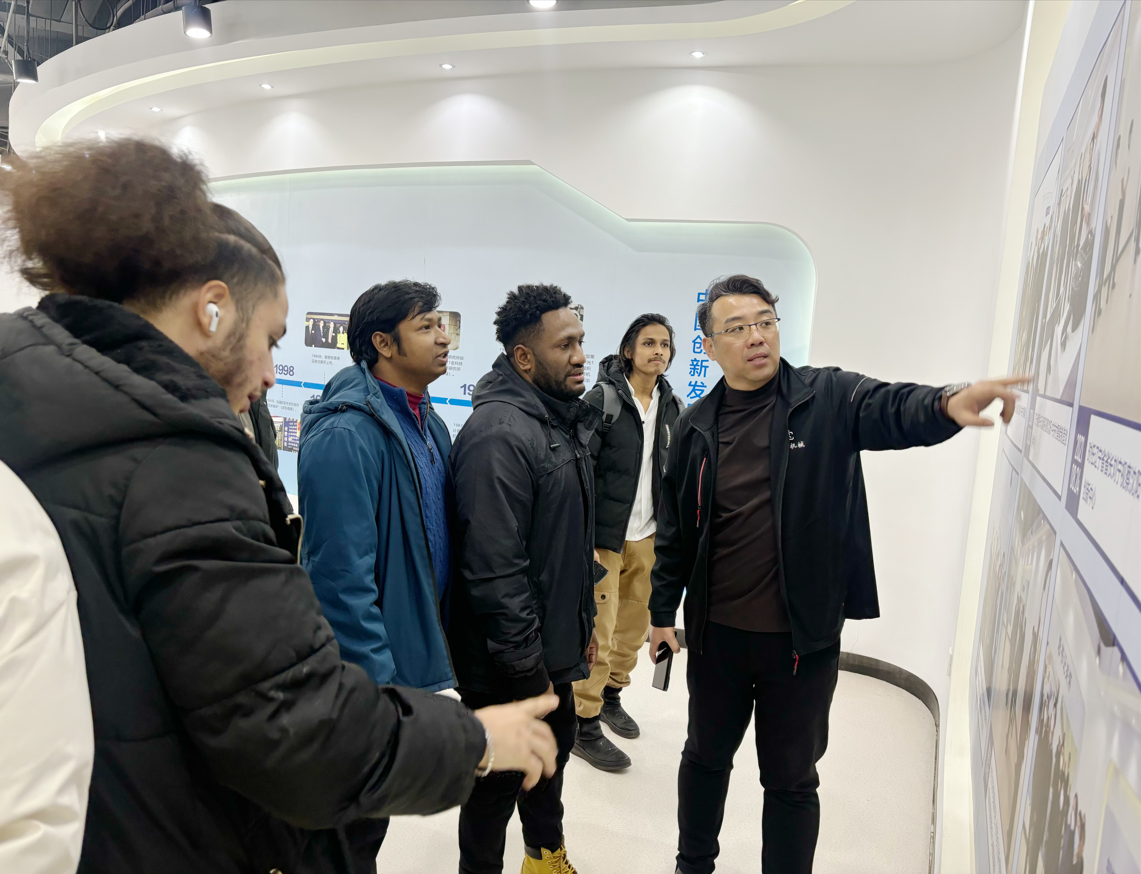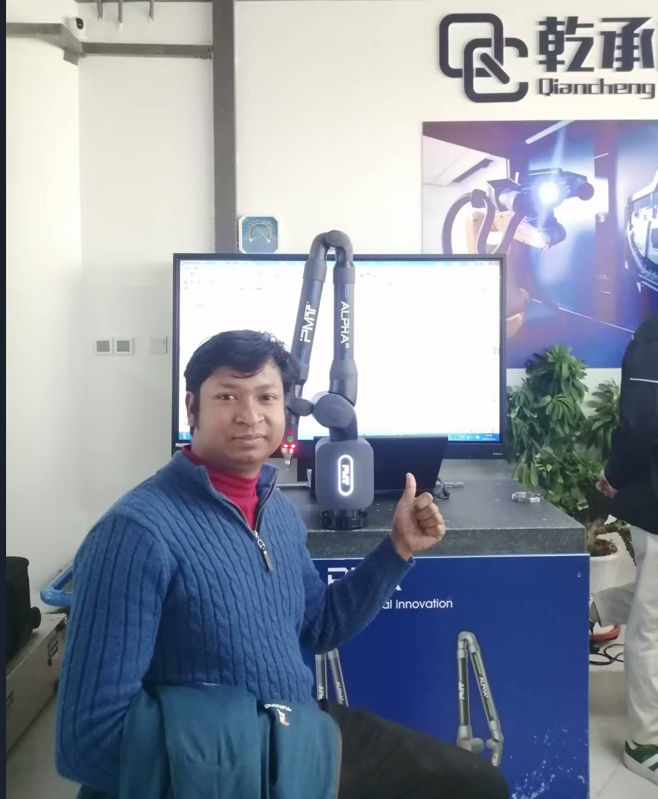
On December 6th,
2024, MI HAQUE delivered an enlightening and comprehensive lecture on the vast
domain of scientific research. This session was meticulously designed to cater
to individuals seeking a profound understanding of the intricacies involved in
scientific inquiry and the roles and responsibilities of researchers.
To commence, MI HAQUE
delved into the foundational aspects of research, elucidating its meaning and
significance. Research, as he articulated, is a systematic endeavor to uncover
new knowledge or to innovate upon existing understanding through methodical
investigation and analysis. He stressed the importance of research as a
cornerstone of progress in various fields, driving technological advancements,
policy formulations, and theoretical developments.
The session then
transitioned to discussing the pivotal question: Who is a researcher? MI HAQUE provided
a detailed characterization of a researcher, portraying them as individuals
dedicated to the pursuit of knowledge and committed to rigorous methodologies.
He highlighted the diverse roles researchers play, from formulating hypotheses
and designing experiments to analyzing data and disseminating findings. These
roles, he emphasized, require a combination of critical thinking, creativity,
and perseverance.
Following this, MI
HAQUE systematically classified scientific research into distinct categories.
This classification helps in understanding the diverse approaches and
methodologies employed in different research endeavors. He elaborated on
various types of research, such as basic and applied research, quantitative and
qualitative research, and interdisciplinary research. Each type, he noted,
serves unique purposes and adheres to specific methodological frameworks.
Choosing a
research topic, according to MI HAQUE, is a critical step in the research
process. He outlined the criteria and strategies for selecting a suitable
research topic, emphasizing the need for relevance, originality, and
feasibility. A well-chosen research topic, he asserted, should address a
significant gap in the existing body of knowledge and align with the
researcher's interests and expertise.
MI HAQUE then
delved into the characteristics that define robust scientific research. He
discussed attributes such as clarity, rigor, validity, reliability, and ethical
considerations. These characteristics, he argued, are essential for ensuring
the integrity and credibility of research outcomes. He provided practical
examples to illustrate how these attributes manifest in various research contexts.
The lecture also
covered the fundamental steps involved in conducting scientific research. MI HAQUE
presented a structured roadmap that includes stages such as literature review,
hypothesis formulation, experimental design, data collection, data analysis,
and interpretation of results. Each step, he explained, builds upon the
previous one, forming a cohesive and logical progression towards achieving the
research objectives.
One of the crucial
topics addressed by MI HAQUE was the purpose and significance of publishing
scientific papers. He emphasized that publication is a vital aspect of the
research process, serving as a medium for sharing findings with the scientific
community and beyond. He discussed the various stages of the publication
process, from manuscript preparation to peer review and eventual dissemination.
In the context of
publication, MI HAQUE elaborated on the concept of journal ranking, including
the classification of journals into Q1, Q2, Q3, and Q4 categories based on
their impact factors and other metrics. He explained how these rankings reflect
the relative prestige and influence of journals within their respective fields.
Understanding these rankings, he noted, is essential for researchers seeking to
publish their work in reputable outlets.
Additionally, MI HAQUE
discussed the impact factor of journals, a metric that gauges the frequency
with which a journal's articles are cited within a given period. He provided
insights into how impact factors are calculated and their implications for
researchers in terms of visibility and recognition.
The lecture also
touched upon opportunities for higher studies and scholarships. MI HAQUE provided
valuable information on various scholarship programs and funding opportunities
available to aspiring researchers and students. He offered practical advice on
how to identify and apply for these opportunities, highlighting the importance
of academic excellence, research experience, and a well-crafted application.
Finally, MI Haque
addressed the broader implications of education and its impact on real life. He
discussed how the pursuit of knowledge and academic achievements can transform
individuals' lives and contribute to societal progress. He encouraged the
audience to consider their ultimate goals and reflect on how their educational
and research endeavors align with their aspirations.
In summary, MI HAQUE's
lecture on December 27th, 2024, was a thorough and insightful
exploration of scientific research. It provided a comprehensive overview of the
key concepts, processes, and considerations involved in conducting meaningful
research. Through his detailed explanations and practical advice, MI HAQUE equipped
the audience with the knowledge and tools necessary to embark on their own
research journeys and contribute to the advancement of their respective fields.
On 16th January
2025, MI HAQUE visited Qiancheng Machinery Technology (Shenyang) Co., Ltd.
During his visit, he was introduced to the administration office, laboratory,
and workstation.

Qiancheng
Machinery Technology (Shenyang) Co., Ltd, located in the Shenyang Zhongguancun
Intelligent Manufacturing Innovation Center Park, is a high-tech enterprise
established within the strategic framework of national Beijing-Shenyang
coordination. The company specializes in providing advanced measurement
solutions and offers some of the world's most advanced high-end testing systems
and solutions to local customers.
